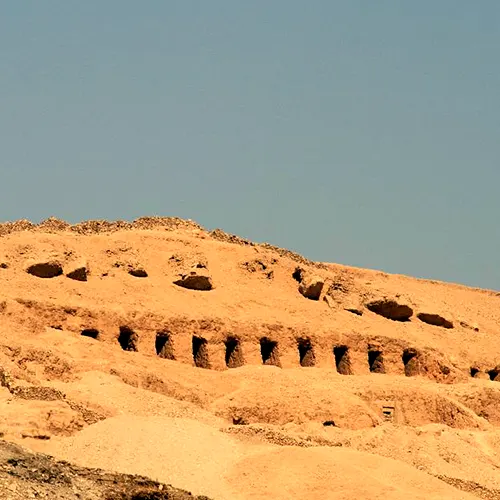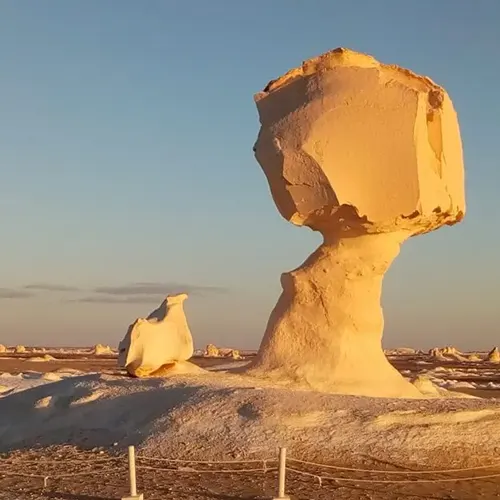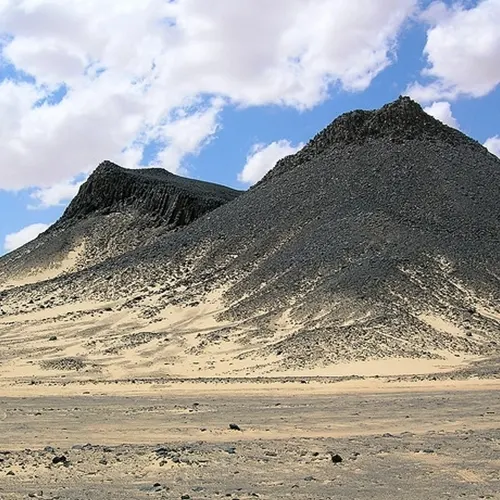
The Valley of the Queens is located on the western bank of Luxor city. This valley was dedicated for burying the wives of kings, who were buried in the Valley of the Kings.
This valley was discovered by Schiaparelli in 1904. It houses almost 81 tombs for queens, princes, princesses, and several members of the nobility of the new kingdom, the 18th, 19th, and 20th dynasties. It was known in ancient Egyptian language with Ta-Set-Neferu, meaning “the place of beauty”.
The first queen buried in the valley was the princess Ahmose, the daughter of Queen Sitdjehuti and King Seqenenre Tao, who was killed in the wars of liberation against the Hyksos.
The main reason for choosing this place to be the Valley of Queens is unknown, but there are some opinions said that:
- Because this place is close to the Valley of the Kings, as in previous dynasties, queens were buried inside the royal complex, but in the Valley of the Queens, the tombs are separated.
- Also, it is close to Deir el-Medina or the village of workers, who work in the Valley of the Kings.
- There is a chamber dedicated to the goddess Hathor in this place.
The design of these tombs begins with a small chamber, a long narrow corridor with several side rooms, then the burial chamber at the end of the tomb. Its tombs were decorated with religious scenes and books of the other world, which are still impressively preserved.
Tomb of Queen Nefertari The tomb of Queen Nefertari or the tomb QV66 is one of the most fabulous tombs in the valley. Nefertari was the beloved wife of Ramesses II. It was discovered by Ernesto Schiaparelli in 1904. This tomb distinguishes with its well-preserved depictions. When you visit this tomb, you will see poetry written by king Ramesses II for queen Nefertari in the burial chamber.

The tomb of the prince Khaemwaset Also, the tomb of the prince Khaemwaset is one of the most beautiful tombs in the Valley of Queens. Khaemwaset is the son of king Ramesses III. In this tomb, you will be able to notice the father’s care for his son, as king Ramesses III depicted while he is helping his son in crossing the gates and skipping the obstacles of the afterworld due to the young age of his son in front of several gods.




